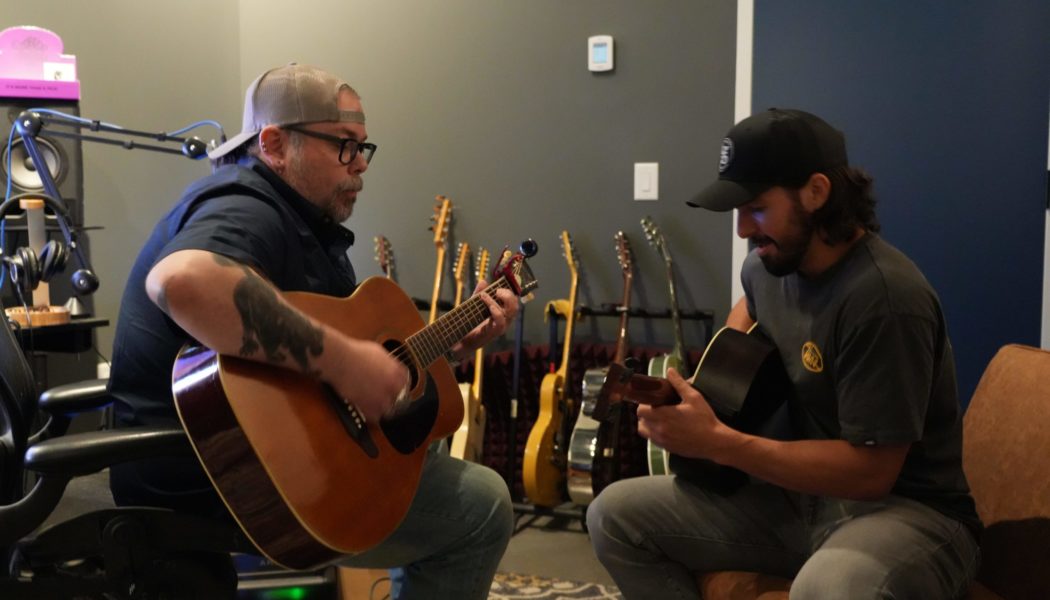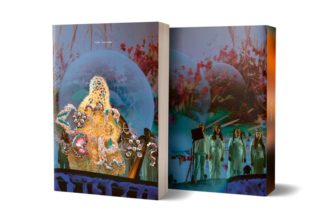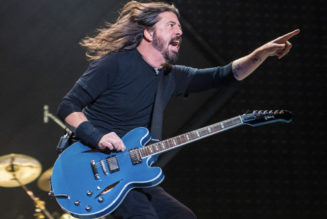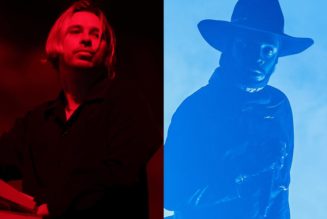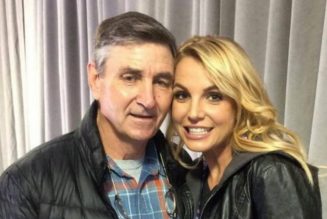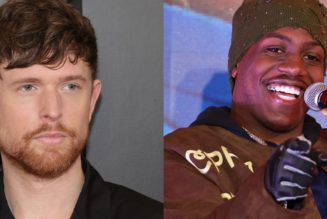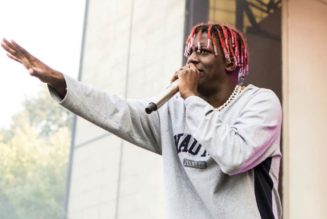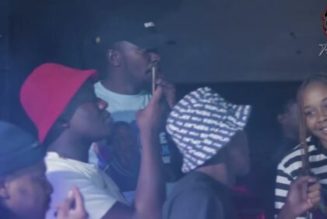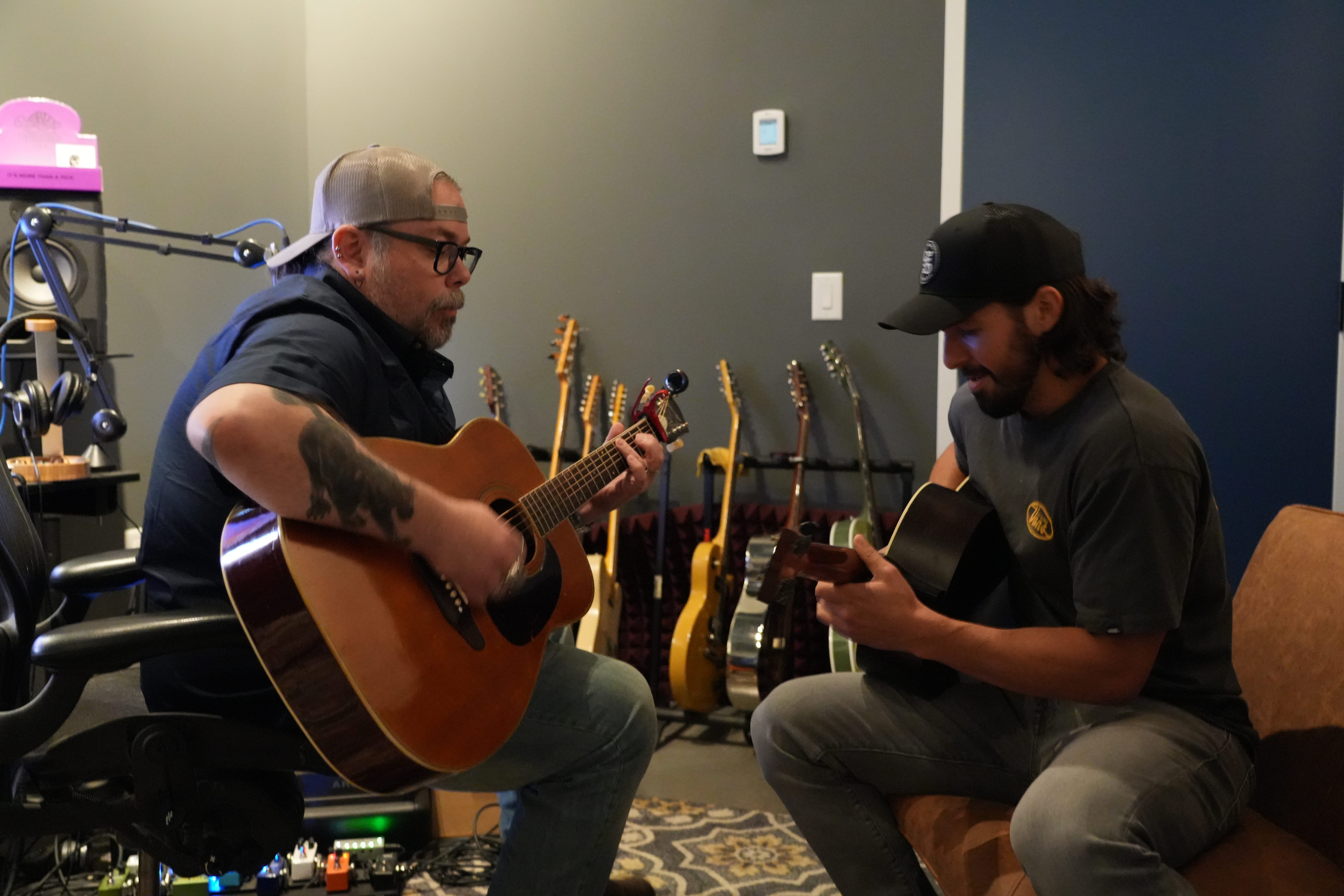
Nashville-based songwriter and musician Sam Tinnesz is not an actor, but his work has been featured in everything from “Spiderman” and “Hunger Games” movies to “The Good Doctor” and “Quantico” on network television.
Tinnesz typically spends about 60% of his time writing for “synch”, or writing songs specifically for film, television, commercials or even video games and sports programming. It’s a business that’s becoming more and more important for Nashville’s massive network of songwriters and publishers and offers writers another viable revenue stream in addition to placements at radio or streaming platforms.
But as the SAG-AFTRA actors’ union and Writers Guild of America strikes continue to shut down production on so many television shows and films, the opportunities for songwriters pursuing synch work out of Nashville are slowing down.
Wende Crowley, senior vice-president of creative marketing for film and TV for Sony Music Publishing, said what is normally her busiest time of year has become unusually quiet.
“August is usually the time when the writers’ rooms go back to work and TV shows are in pre-production and that’s just not happening now,” she told The Tennessean. “Typically this time of year, the music supervisors come to us and say ‘this is the show we’re working on and this is the kind of music we need,’ so we get really busy. Right now we are just not.”
Songwriters HoF: Kix Brooks, Keith Urban, others among 2023 Nashville Songwriters Hall of Fame inductees
Songwriter-turned-artist: Songwriter turned singer: Local country music artist releases debut album
Tinnesz said synch writers look forward to this time of year, when networks are producing “up-fronts” which promote new shows coming out.
“Those are usually happening right now and this year they aren’t,” Tinnesz said. “That’s a huge loss because it’s a big part of our income for the year. You can’t rely on it, but you hope for it.”
Synch as a ‘superpower’
Mark Chipello, head of A&R at Position Music, a Los Angeles-based label, publisher and management company that is in the process of opening a Nashville office, said while his industry isn’t nearly as affected as the people who are out of work due to the strikes, the music industry is noticing a difference.
“We do feel the impact,” Chipello said. “This is part of why we have been intentional to diversify ourselves as a publisher and record label. Synch is still a huge part of our business. But we are lucky. There are some companies where so much of their business is derived from TV, film and synch licensing that it could be quite devastating. We are in a spot to help weather this storm better for our writers.”
He added that while many of the major publishers derive 20% to 25% of their revenue from synch licensing, Position’s stake is a significantly larger percentage.
“Synch is definitely one of our superpowers,” he said.
We can definitely ‘feel the heat’
Spirit Music Nashville, an independent Music Row publisher, is also involved in helping its writers get synch licensing deals. Mike Fiorentino, director of A&R and Production for Spirit said although their synch workflow hasn’t dried up completely, he has seen areas of the synch business hitting the brakes.
“We have felt the heat, so to speak,” Fiorentino said. “I don’t feel like the workflow has halted, but I have been missing out on the briefs catered toward new productions. Whatever is already in the can, those productions are still looking for songs, but sometimes we will get a brief about starting ‘XYZ’ project in six weeks. We haven’t seen those in a minute.”
Crowley said Sony Music Publishing held a song camp for the show “Yellowstone” over the summer, where writers wrote songs specifically for the hit series.
“We have all these great songs and now we have to wait for this strike to be over so we can use them,” she said.
Importance of synch licensing for songwriters
With it being increasingly harder to get a song on the radio, Chipello says synch has become an incredibly powerful tool.
“There are fewer and fewer clear ways for a songwriter to survive and live, so synch became this hero for a lot of writers,” he said. “Getting a song in a big TV show or ad campaign could change their life.”
He added that while payment for synch licensing deals ranges massively from deal to deal, getting a song into a big commercial with a Fortune 500 company, for example, can mean big money.
“You can get very significant synch fees for even an unknown artist or writer,” he said “It can be relatively life-changing. You can be looking at multiple six figures.”
Tinnesz added that synch writing growing in popularity in Nashville has been a catalyst to diversify the music coming out of Nashville.
“In Nashville, it’s always been country or Christian music, but TV and film gave us an outlet to do music that wasn’t either. It also allowed us to make money while doing music that wasn’t country or Christian. We could slip in pop or rock or alt and we had a place for it to go and do something.”
But with synch opportunities dwindling, he fears some artists will lose the vehicle they need to keep creating.
Tinnesz said he’s gone from the bulk of his writing being focused on synch opportunities to only spending about 20% of his time in that realm. He is also an artist, so is able to focus his efforts there. Not all writers have that option.
“Synch has been such a really cool way for amazing artists to continue to make the money they need to make amazing art. Without that in play, I hope we don’t lose some of these amazing artists. It’s a wild time.”
Fiorentino with Spirit agreed, saying he thinks the synch business in Nashville is “wildly important.”
“It’s another means of exposure for writers,” he said. “There are agencies whose whole game plan is to break an artist through synch, just like a program director at radio back in the day. You get some Target spot or a truck commercial and they want the user to ‘Shazam’ it. It’s very important and it’s another way for brand new writers and seasoned vets to get out there.”
He added while synch licensing isn’t new for the music industry, it’s relatively new to Nashville. He said it started becoming important for Nashville writers five to six years ago.
“Then Covid hit and people had nothing but time, so they got creative and started looking at other outlets. Agencies and brands love using Nashville stuff. They like that nod of the hat to modern country music. You hear and see that more and more all the time.”
In fact, Tinnesz’s song “Play With Fire” is about to be certified RIAA platinum thanks to a placement in a Lenovo commercial. The song has never been played on the radio. Another song of his, “Legends Are Made” which was featured in a Chevy truck commercial, recently hit gold status.
“I thought this was stuff only signed artists got to enjoy,” he said. “I am unsigned and I have gold and platinum records. That blows my mind. I attribute that to synch.”
Melonee Hurt covers music and music business at The Tennessean, part of the USA TODAY NETWORK — Tennessee. Reach Melonee at mhurt@tennessean.com or on X @HurtMelonee.
